Bing exceeds 100m daily users in AI-driven surge
A third of daily users are new to the past month, with Bing Chat interactions driving large chunks of traffic for Microsoft's long-overlooked search engine

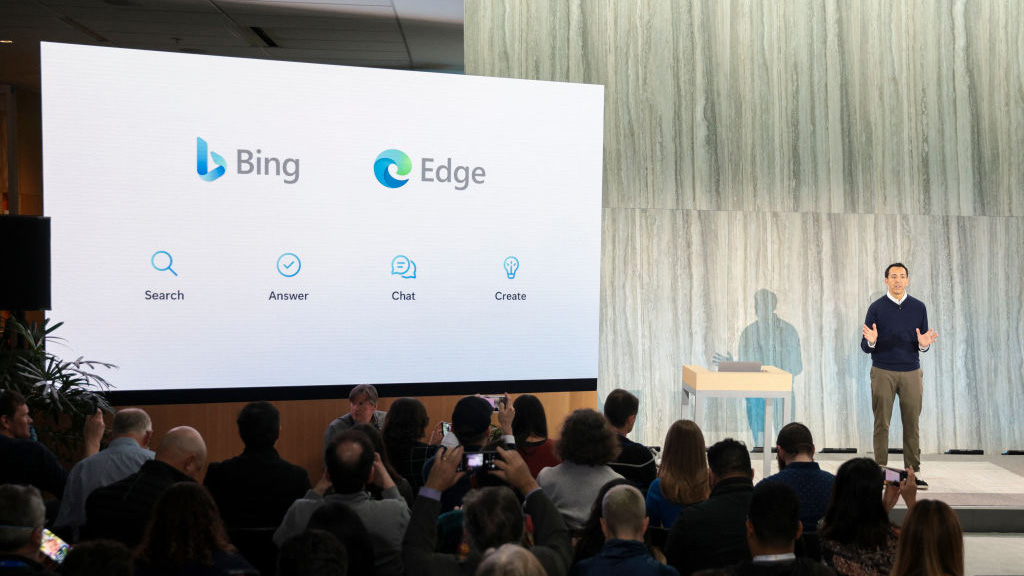
Microsoft has announced that Bing has topped 100 million daily active users (DAUs) for the first time, with its new AI chatbot driving previously unseen interest in the platform.
The Redmond giant stated that a third of the platform’s current monthly users are new, and credited its new technology as improving the overall Bing search experience. Of the users enrolled in its Bing Chat preview, around one-third are also using the chatbot every day, with three chats per session.
The past month has seen 45 million ‘chats’, in which users prompt the model with natural language questions and receive a tailored response.
Each user interaction trains the model to provide more helpful answers in future, which makes the expanded daily users helpful for Microsoft’s wider AI efforts in addition to acting as a marker of consumer confidence.
Like ChatGPT and competing models, Microsoft’s model is also capable of generating ‘new’ written content such as blog posts, poetry, or email copy.
The company stated that 15% of user chats have been creative in nature, an indication that this function has already been popular and meets user demand.
In January, Microsoft announced that it would soon be implementing an OpenAI large language model within Bing called ‘Prometheus’, putting its mammoth $10 billion (£8.4 billion) investment in the AI firm to immediate use.
Sign up today and you will receive a free copy of our Future Focus 2025 report - the leading guidance on AI, cybersecurity and other IT challenges as per 700+ senior executives
Since then, the firm has put Bing Chat into public testing via a waitlist, announced plans to integrate the chatbot into Edge browser as well, and debuted the technology on the Bing app.
Microsoft stated that since integrating Bing Chat into the app users on this platform have also increased 600%. The firm acknowledged that its search market share is still small - Statista recorded Bing at 9% vs Google's 85% in January 2023 - but that "it feels good to be at the dance".
“Two factors are driving trial and usage,” wrote Yusuf Mehdi, corporate vice president and consumer chief marketing officer at Microsoft.
“One is Microsoft Edge continues to grow in usage as it has done for the last seven quarters based on the quality of our browser. We expect new capabilities, like having Bing search and create in the Edge sidebar, will bolster further growth.
“The second factor driving trial and usage is that our core web search ranking has taken several significant jumps in relevancy due to the introduction of the Prometheus model so our Bing search quality is at an all-time high.”
One of the advantages of Bing Search over current AI models including the adjacent ChatGPT is that the chatbot provides citations for its claims. This allows users to follow up on the output in more detail if they wish, and fact-check claims that the AI makes.
The chat also offers users the choice of three “conversation styles” for its chatbot: ‘creative’, ‘balanced’, and ‘precise’. The aim is to give users control over the degree to which the AI gets balanced facts with creative responses, to give users the choice of generating inventive responses when desired without taking away from the accuracy of responses when pure facts are desired.
In IT Pro’s own tests, the 'creative' mode was more effective at drafting messages, but also more likely to include details that weren't asked for such as the invented phone number in the first example below.
In contrast 'precise' was true to form in providing a more detailed answer for information on LockBit, the ransomware group notable for its recent negotiation with Royal Mail.
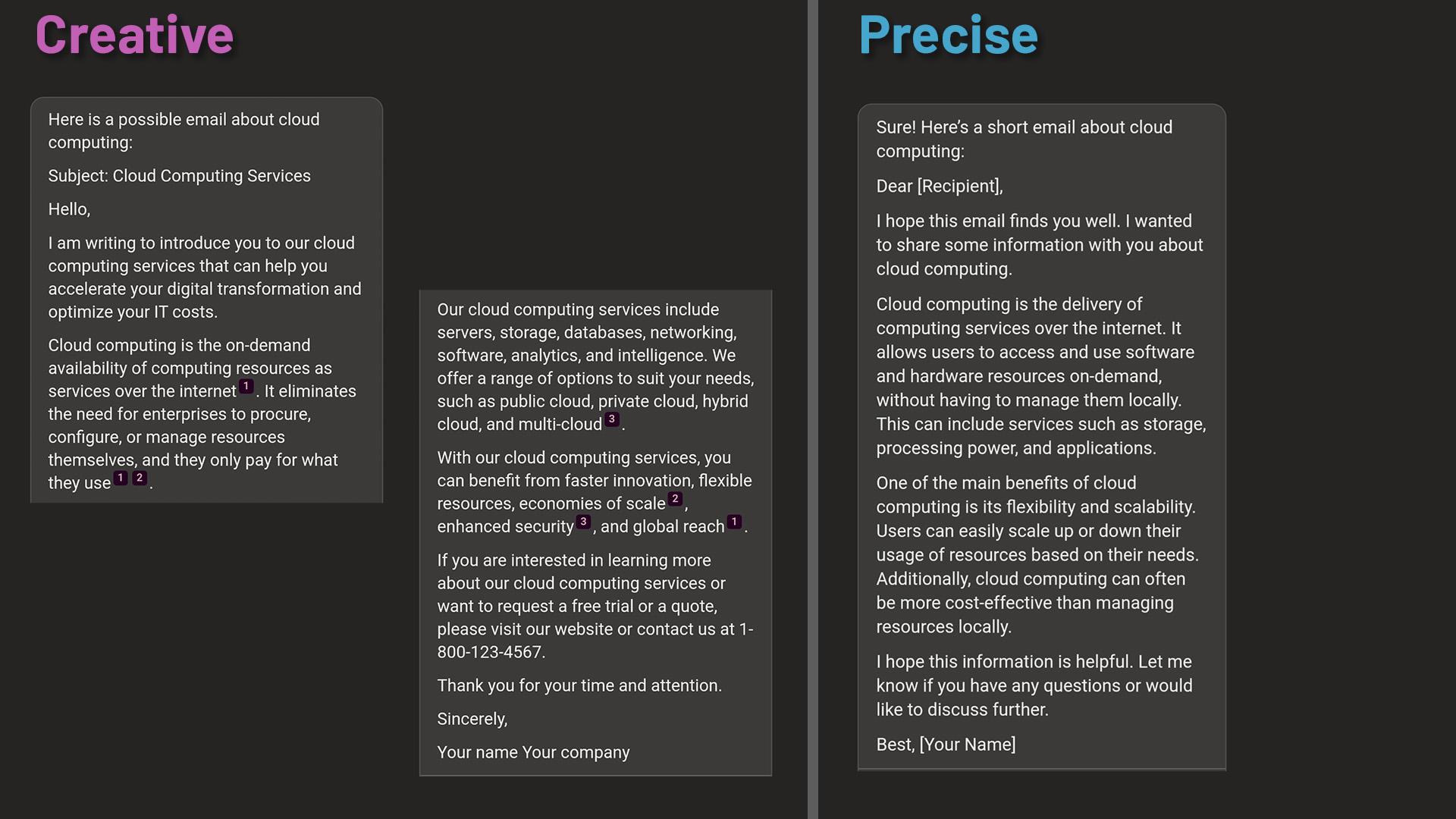
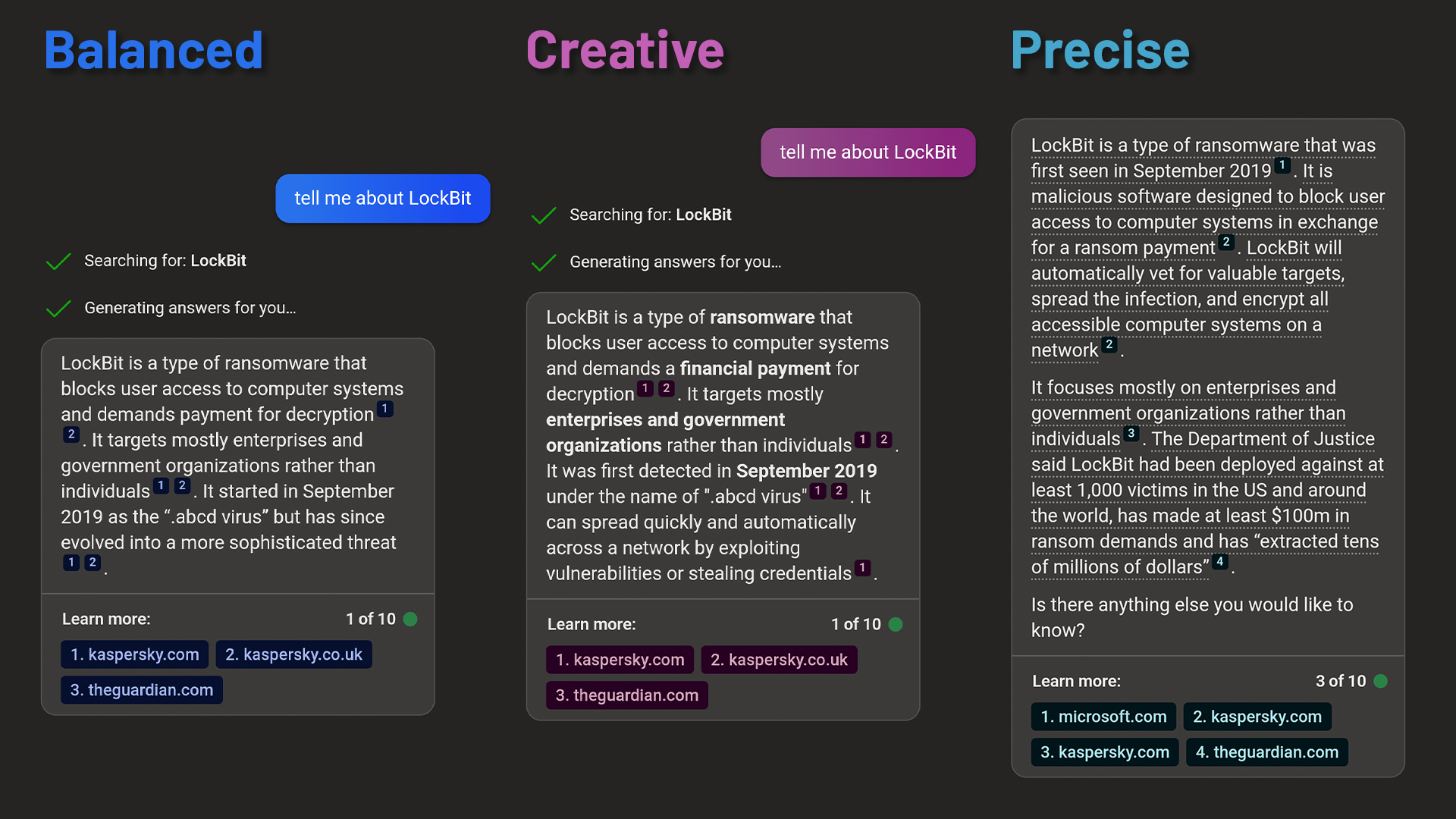
Google, which reportedly ‘upended’ internal teams to compete with ChatGPT in December, has unveiled its own generative AI search proposition with Bard.
RELATED RESOURCE
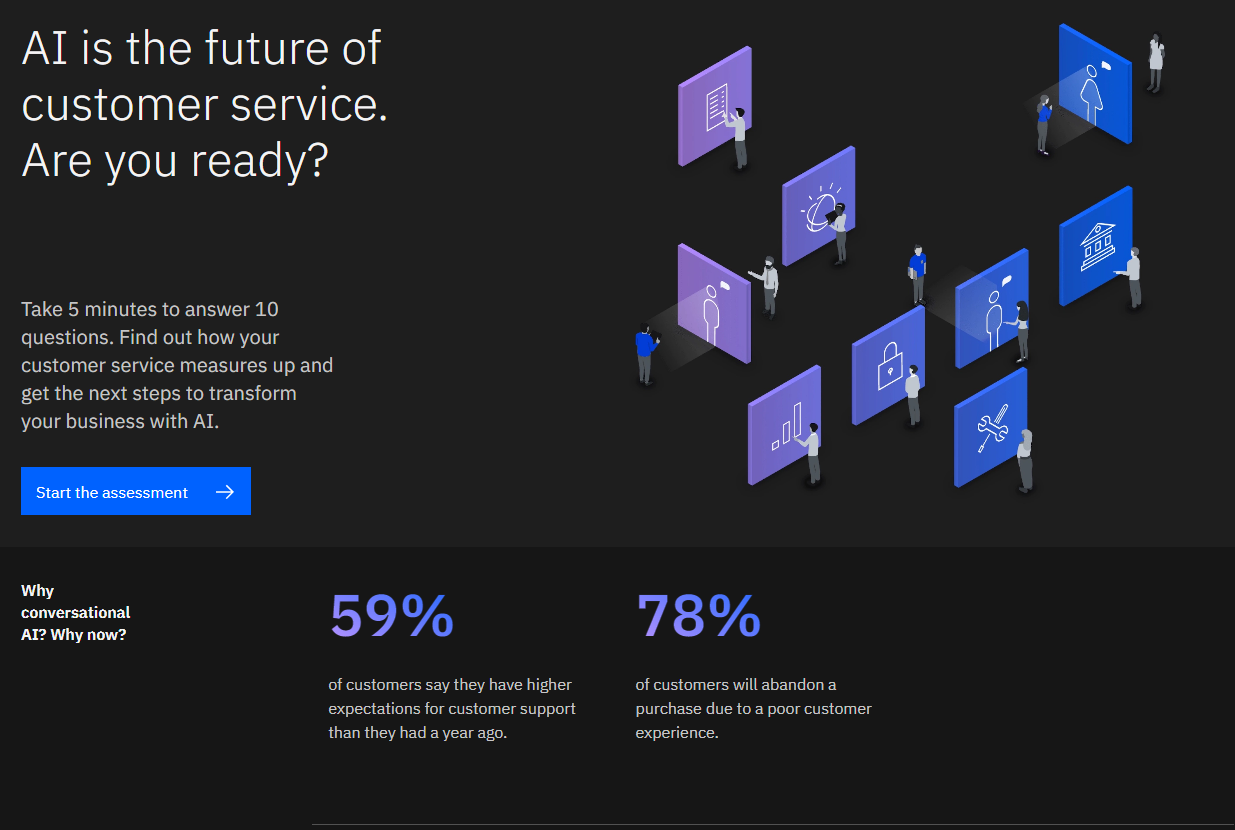
The company is betting on its billions of users to retain its title as the king of search, but in the wake of a disappointing launch for Bard that saw an AI error tank Google stock by 7%, has also issued broad warnings against the accuracy of generative AI.
With user demand growing by the month, both Google and Microsoft are set to invest significant figures into this burgeoning market.
Other big industry players have also embraced the potential of generative AI, with Salesforce having announced Einstein GPT for CRM this week along with a partnership with OpenAI.
The firm has stated that it seeks to build an ecosystem of AI partners to expand model access to customers, indicating strong long-term interest in the field.

Rory Bathgate is Features and Multimedia Editor at ITPro, overseeing all in-depth content and case studies. He can also be found co-hosting the ITPro Podcast with Jane McCallion, swapping a keyboard for a microphone to discuss the latest learnings with thought leaders from across the tech sector.
In his free time, Rory enjoys photography, video editing, and good science fiction. After graduating from the University of Kent with a BA in English and American Literature, Rory undertook an MA in Eighteenth-Century Studies at King’s College London. He joined ITPro in 2022 as a graduate, following four years in student journalism. You can contact Rory at rory.bathgate@futurenet.com or on LinkedIn.
-
 Microsoft unveils Maia 200 accelerator, claiming better performance per dollar than Amazon and Google
Microsoft unveils Maia 200 accelerator, claiming better performance per dollar than Amazon and GoogleNews The launch of Microsoft’s second-generation silicon solidifies its mission to scale AI workloads and directly control more of its infrastructure
-
 Infosys expands Swiss footprint with new Zurich office
Infosys expands Swiss footprint with new Zurich officeNews The firm has relocated its Swiss headquarters to support partners delivering AI-led digital transformation
-
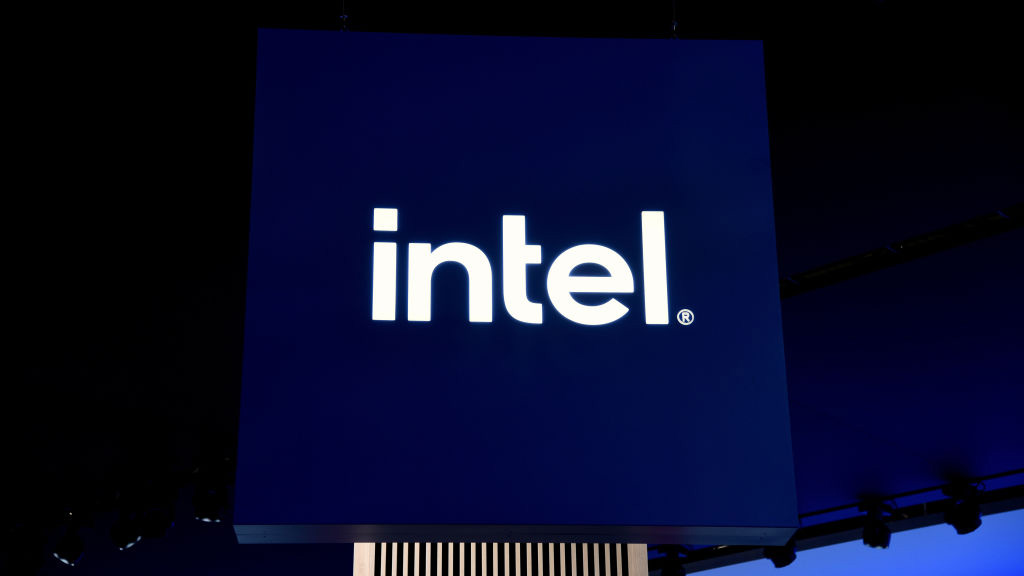 Intel targets AI hardware dominance by 2025
Intel targets AI hardware dominance by 2025News The chip giant's diverse range of CPUs, GPUs, and AI accelerators complement its commitment to an open AI ecosystem
-
 Calls for AI models to be stored on Bitcoin gain traction
Calls for AI models to be stored on Bitcoin gain tractionNews AI model leakers are making moves to keep Meta's powerful large language model free, forever
-
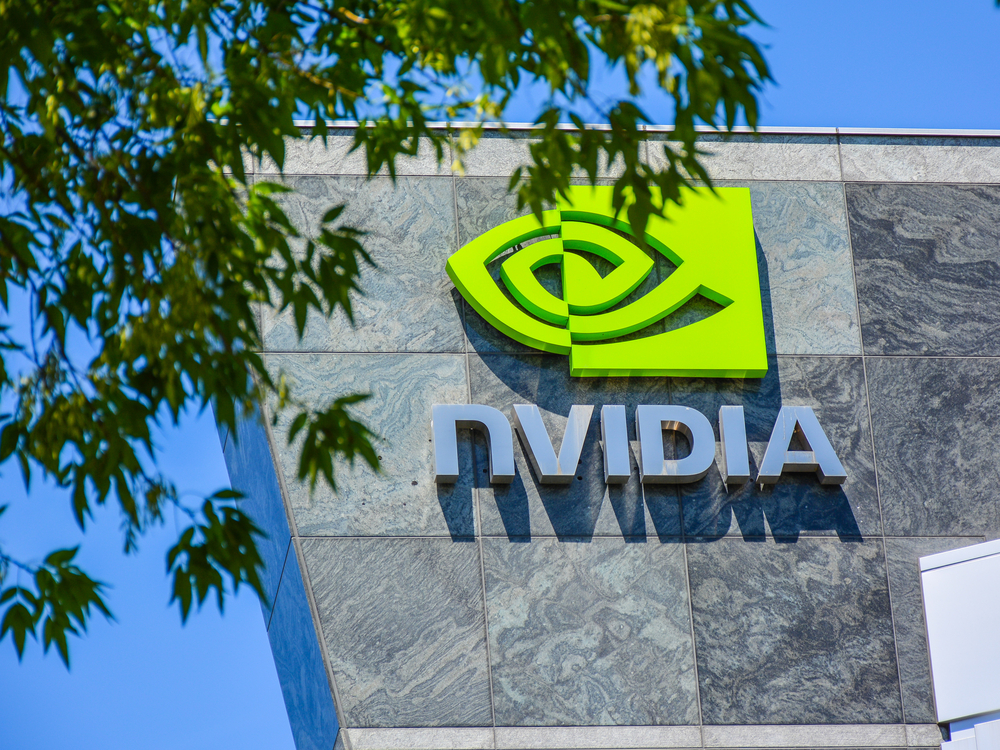 Why is big tech racing to partner with Nvidia for AI?
Why is big tech racing to partner with Nvidia for AI?Analysis The firm has cemented a place for itself in the AI economy with a wide range of partner announcements including Adobe and AWS
-
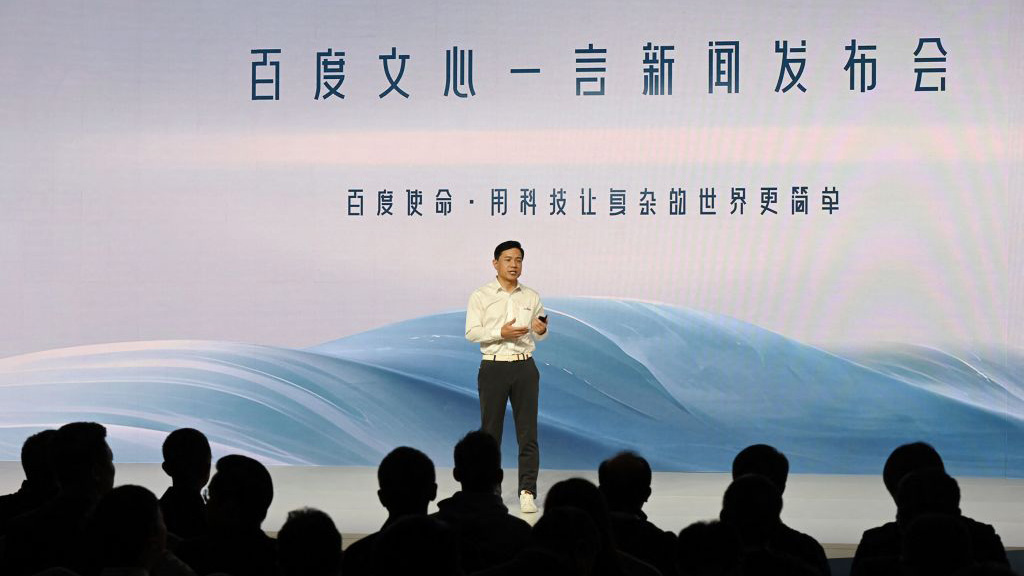 Baidu unveils 'Ernie' AI, but can it compete with Western AI rivals?
Baidu unveils 'Ernie' AI, but can it compete with Western AI rivals?News Technical shortcomings failed to persuade investors, but the company's local dominance could carry it through the AI race
-
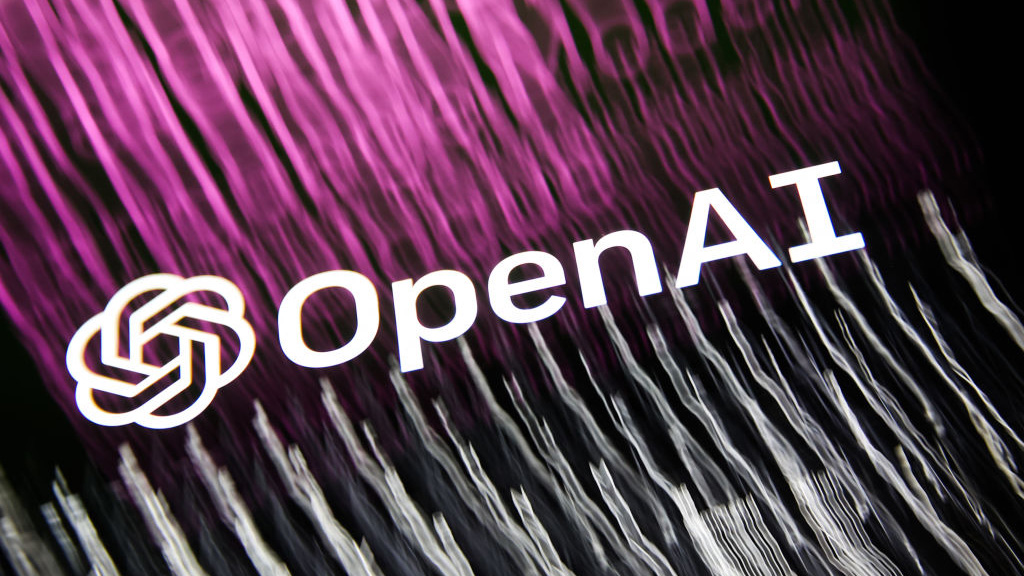 OpenAI announces multimodal GPT-4 promising “human-level performance”
OpenAI announces multimodal GPT-4 promising “human-level performance”News GPT-4 can process 24 languages better than competing LLMs can English, including GPT-3.5
-
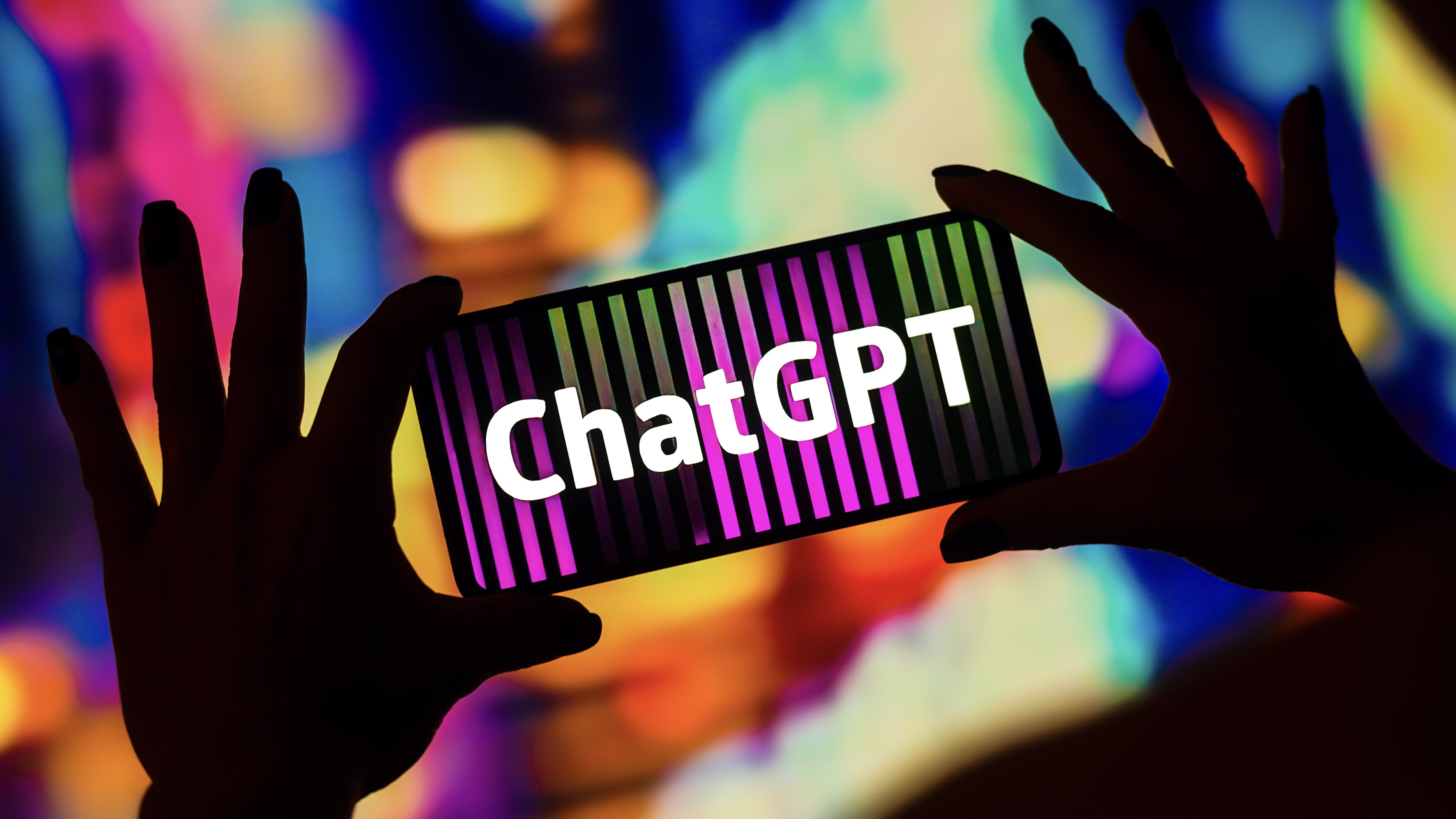 ChatGPT vs chatbots: What’s the difference?
ChatGPT vs chatbots: What’s the difference?In-depth With ChatGPT making waves, businesses might question whether the technology is more sophisticated than existing chatbots and what difference it'll make to customer experience
-
 OpenAI launches ChatGPT API for businesses at competitive price
OpenAI launches ChatGPT API for businesses at competitive priceNews Developers can now implement the popular AI model within their apps using a few lines of code
-
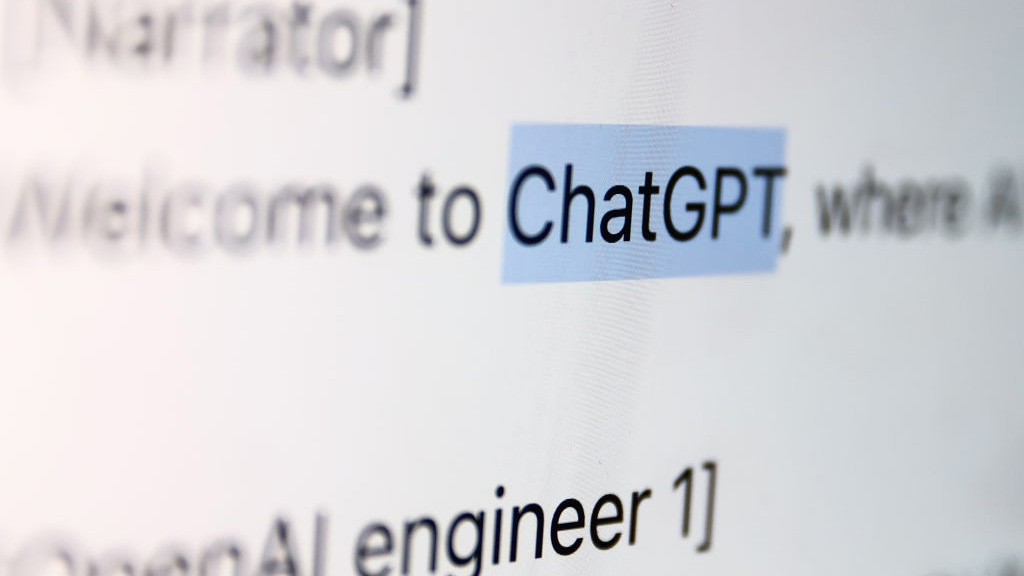 OpenAI launches $20 ChatGPT Plus in search of greater revenue
OpenAI launches $20 ChatGPT Plus in search of greater revenueNews The new paid subscription tier will offer users improved access to the service, and a model built for businesses could be on the way